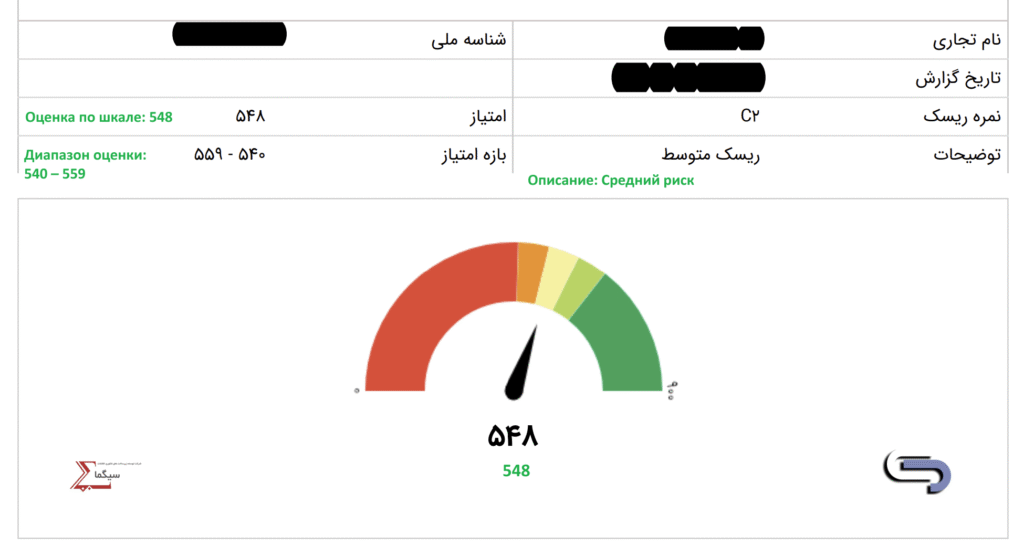Introduction: Why Supplier Verification in Iran Matters
Entering the Iranian market offers significant opportunities for wholesale purchases — from food products to industrial materials. However, due to sanctions, limited access to public data, and the high number of intermediaries, the risk of dealing with unreliable partners remains high.
Persian Trade Hub was created to eliminate these risks and ensure transparency in international trade. We connect foreign buyers with verified Iranian suppliers, guaranteeing that each company on our platform is legally operating, actively exporting, and capable of fulfilling delivery terms.
What We Check When Verifying Suppliers
- Is the company officially registered in Iran?
- Does it have export licenses and a track record of international trade?
- Is it listed on any blacklists or involved in legal proceedings?
- Does it have actual production facilities or storage infrastructure?
We go beyond basic questionnaires — our approach is multi-layered. It includes checking government databases, reviewing business reputation, conducting visual audits through photos, videos, online presence, and even on-site visits to the supplier’s office or factory. This makes Persian Trade Hub a reliable filter for international sourcing from Iran.
In our next article, we’ll detail the external quality inspections carried out by our partners — independent verification companies like SGS — before goods leave Iranian territory.
Stage 1. Pre-Screening: Only Active and Export-Ready Companies
Our engagement with a supplier begins long before their profile is published on the platform. The first filter is selecting only those companies that are operational, produce goods or maintain inventory, and are prepared for export.
Where We Source Suppliers
- Industry trade shows and B2B events in Iran
- Recommendations from Chambers of Commerce (اتاق بازرگانی)
- Public databases and Iranian industry directories
- Local production clusters and industrial zones
We emphasize export orientation. This is evidenced by an active export tax ID (کد اقتصادی), participation in international trade forums, and ideally, past cooperation with foreign clients.
Criteria for Being Listed on the Platform
- Minimum of one year of operational activity
- Registered legal address in Iran
- Verified contact person associated with the company
- Proven export activity (invoices, loading photos, feedback)
- Willingness to share basic information on products, volumes, and delivery terms
Every company we contact goes through an initial interview where we confirm if they have ready stock, are flexible with logistics, and understand the needs of international buyers.
If these basic criteria are not met, the company is not included in our directory — even if the product offering is attractive. This helps us immediately eliminate inactive, non-exporting, or suspicious entities.
Stage 2. Legal and Financial Verification
After initial screening, each company undergoes legal and financial checks. This ensures the supplier not only exists legally but also has a clean record, valid registration, and no history of financial violations.
Verification Sources
- ilenc.ir — Official legal entity registry in Iran. Used to confirm registration status, tax ID (کد اقتصادی), and legal address.
- ntsw.ir (سامانه جامع تجارت) — A national trade system used to check export registration and foreign trade engagement.
- NICS24.ir — A premium commercial verification tool that offers:
- Bounced check history (چک برگشتی)
- Litigation records related to the company or its owners
- Business activity and affiliation with other entities
- Financial reliability and risk indicators

Supplier risk report from NICS24 — example screenshotWhat Exactly We Verify
- Legal registration and valid incorporation documents
- Any active or past legal disputes
- Reliability of payment history
- Associated persons and links to other entities
We cover the cost of these reports and do not publish suppliers with unresolved issues: lawsuits, excessive bounced checks, missing or falsified records.
Legal and financial transparency is the foundation of trust. If a company fails this stage, it will not be listed on the platform under any circumstances.
Stage 3. Online and Physical Verification
At this stage, we move from document checks to real-world confirmation. The goal is to verify that the submitted data matches reality.
Online Verification
- Analysis of the company’s website, social media, and public profiles
- Cross-checking contact details with public directories
- Searching for reviews on Iranian B2B forums and Telegram channels
- Checking presence and product activity on online marketplaces (if relevant)
On-Site Confirmation
If a company passes the online check, we organize a physical visit. A Persian Trade Hub representative visits the stated address to:
- Visit the company’s office
- Inspect storage or production areas
- Capture photo and video evidence
- Conduct a short interview with a company representative
Physical audits are especially important when companies claim to have ready stock or production lines. We assess not only existence but also organizational level, staffing, logistics, and packaging conditions.
This step is key to building trust. It helps eliminate “paper-only” companies and confirms that a real, operational business stands behind the profile.

Stage 4. Ongoing Monitoring and Rating System
Our work with suppliers doesn’t stop after publishing their profile. We continue monitoring their performance and behavior to maintain buyer trust.
How the Monitoring System Works
- Collecting reviews and ratings from real buyers
- Tracking order history and fulfillment timelines
- Analyzing complaint frequency and issue resolution speed
- Periodic data updates from the supplier
Reliability Score
Each supplier receives an internal rating based on a combination of the following:
- Profile completeness and verification status
- Reputation in past transactions
- Presence and handling of buyer complaints
- Responsiveness and transparency in communication
Removing Unreliable Suppliers
If a supplier hides information, breaches policies, or ignores buyer concerns — we suspend their profile, temporarily or permanently, depending on the severity. This helps maintain platform quality and protect all participants.
Continuous monitoring is what sets Persian Trade Hub apart from simple contact lists. We don’t just list suppliers — we ensure they remain compliant with our standards over time.
Conclusion: Trust Is Earned Through Systematic Verification
Persian Trade Hub is not just a directory of Iranian suppliers — it’s a trust-building system for businesses across borders. Through layered screening, legal and financial checks, physical inspections, and continuous monitoring, our users gain access to truly reliable manufacturers.
This process takes effort, but it’s worth it: deal security, partner reliability, and long-term relationships are far more valuable than quick wins. If you’re looking for a partner in Iran — trust Persian Trade Hub. We’ve already done the due diligence for you.